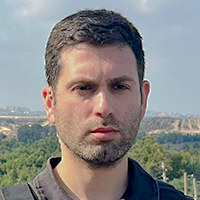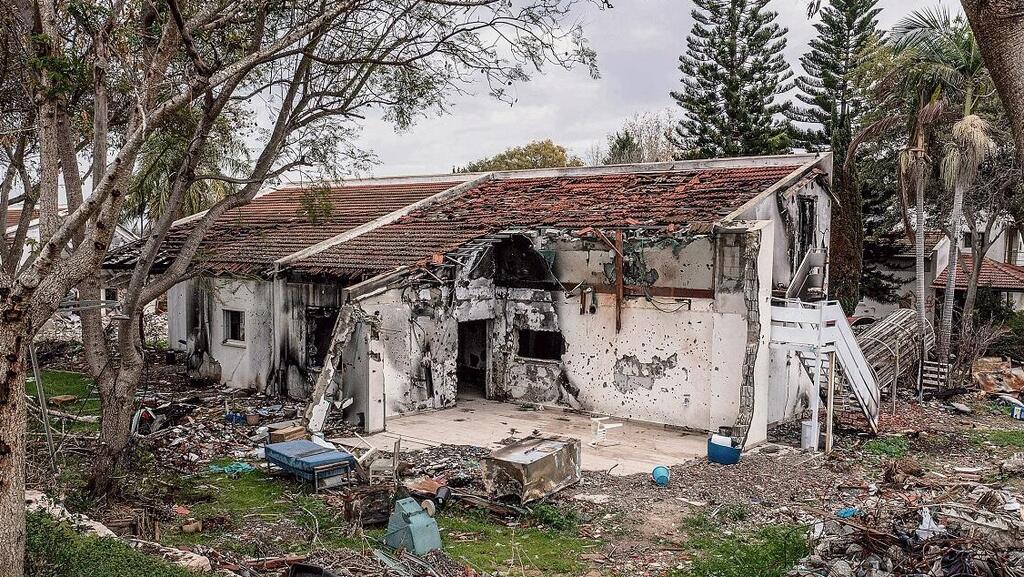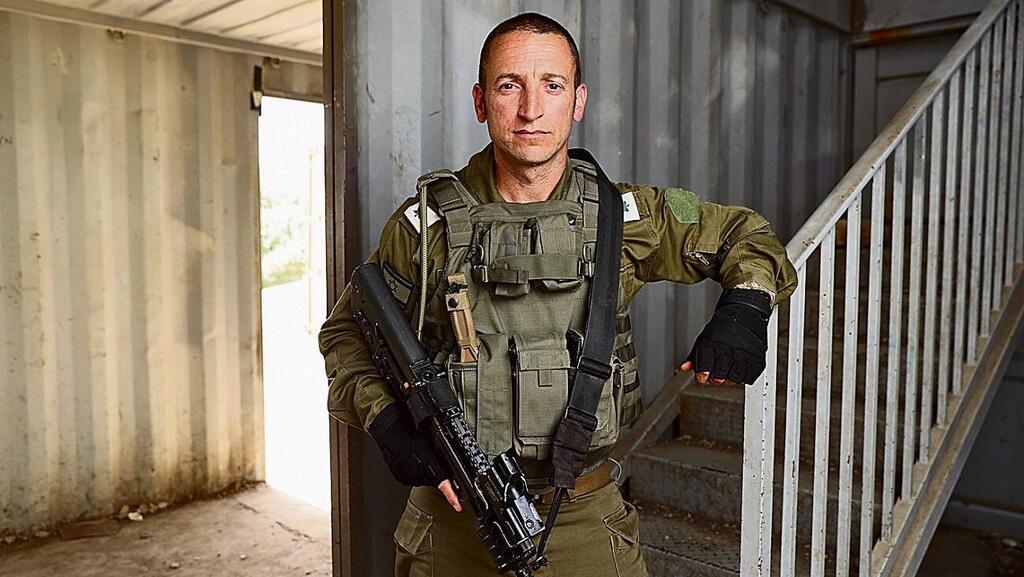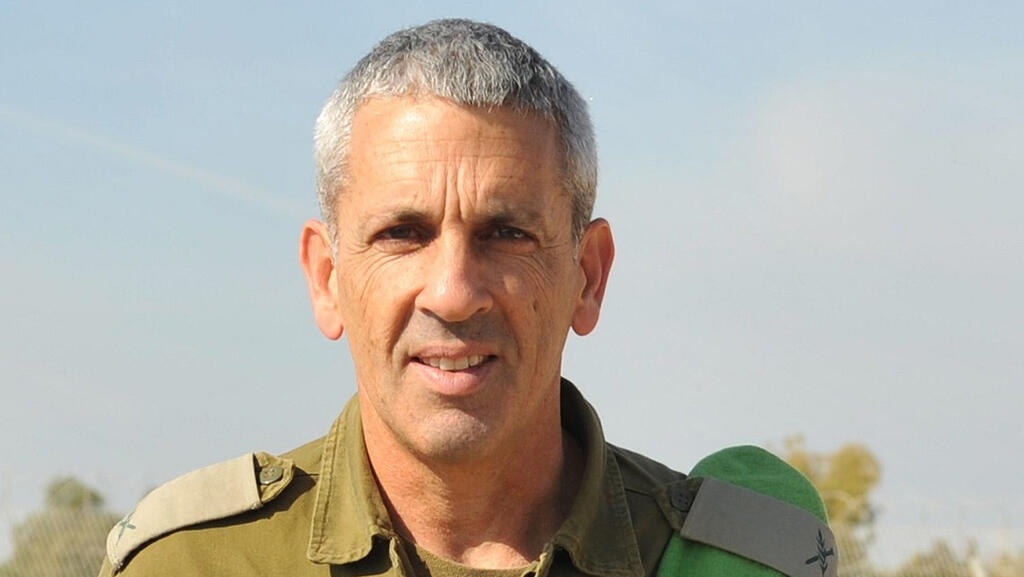Getting your Trinity Audio player ready...
The IDF is set to present the findings of its inquiry into the military’s management of Hamas’ attack on Kibbutz Be’eri, and other locations in southern Israel on October 7. The IDF will brief the kibbutz’s bereaved families on the findings and will present them to the public via an online website.
Former Gaza Division commander Major General (res.) Mickey Edelstein oversaw the inquiries which were also concluded by IDF Chief of Staff Herzi Halevi.
The various inquiries into the October 7 attack held by the military took over six months since field commanders were required for prolonged fighting in Gaza and the northers border at the beginning of the war. After several months in combat, they were given leave to take part in the military’s inquiry.
The inquiry into the battles in Kibbutz Be’eri are centered around the command of 99th Division commander Brigadier General Barak Hiram, who took command of the area around the kibbutz and directed the forces arriving in the area while clashing with terrorists.
The report will also discuss Hiram’s order for a tank to fire two rounds at the home of Pessi Cohen, in which 14 hostages were held by Hamas terrorists, which led to the death of 12 of them, alongside the issue of holding troops back for briefings before entering the kibbutz while hundreds of terrorists took control of it.
The military said on Monday that the inquiry into Be’eri will be the IDF’s first test in its efforts to regain public trust, particularly that of southern Israeli residents, and stressed that the report will be thorough and detailed.
However, unlike the Second Lebanon War, no external committee of inquiry has been established. Due to the government's refusal to establish an inquiry committee in the foreseeable future, the IDF's internal investigations will remain the public’s only source to understand the events of October 7.
One of the central issues in the inquiry is the military’s ethics. Residents were left trapped in their homes or safe rooms while IDF forces focused on removing bodies. In Kibbutz Kfar Aza, for instance, residents were locked in their homes until the following day, and no one rescued them.
"These issues need to be addressed during training and in commander and officer schools. Rescuing civilians should be the first priority. This was a failure, and it took soldiers a long time to enter homes and rescue families," a source involved in the inquiry said.
It is possible inquiries into the October 7 battles in southern Israel will cue IDF officers who have wished to resign from their positions shortly after the events, but were convinced to stay in the military until such an inquiry was complete, to announce their resignations.






